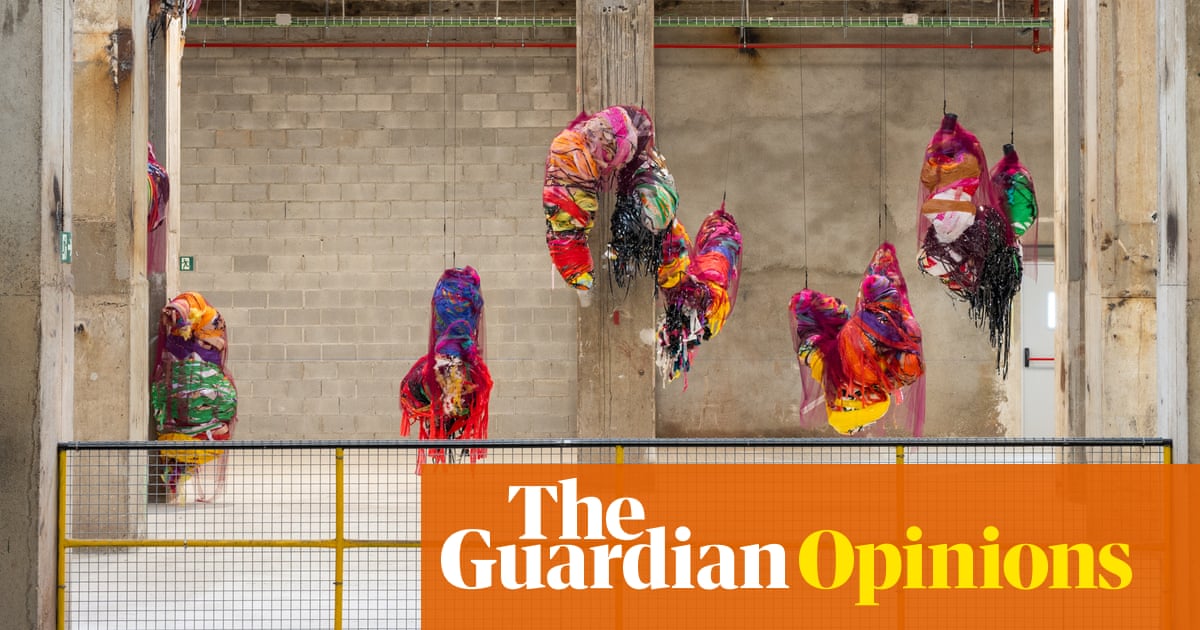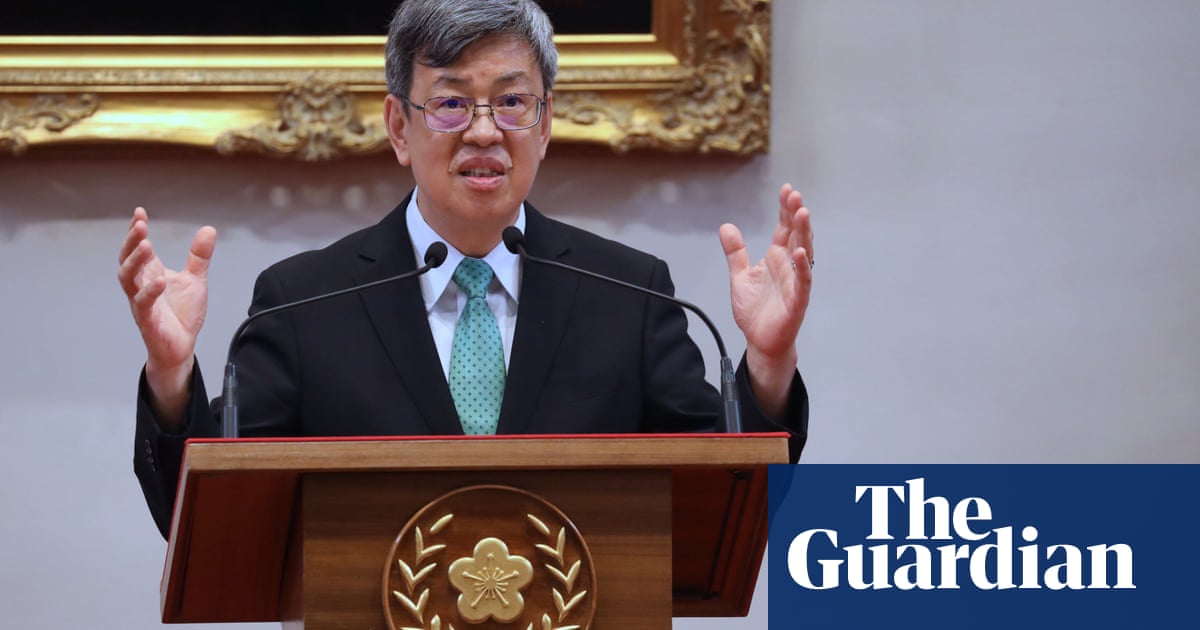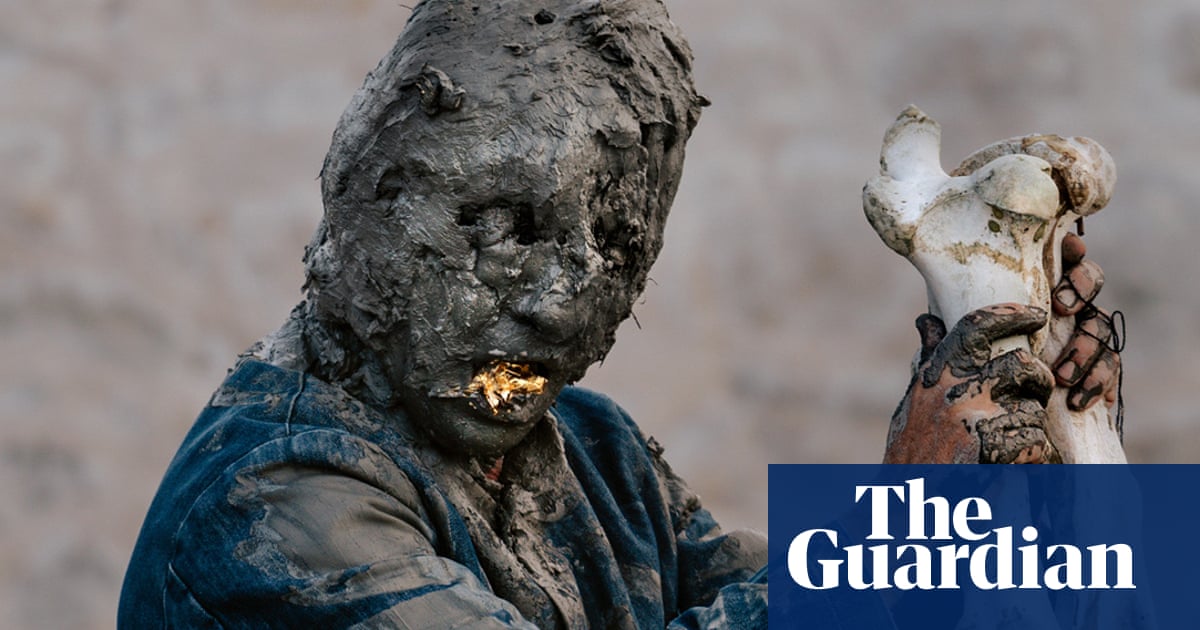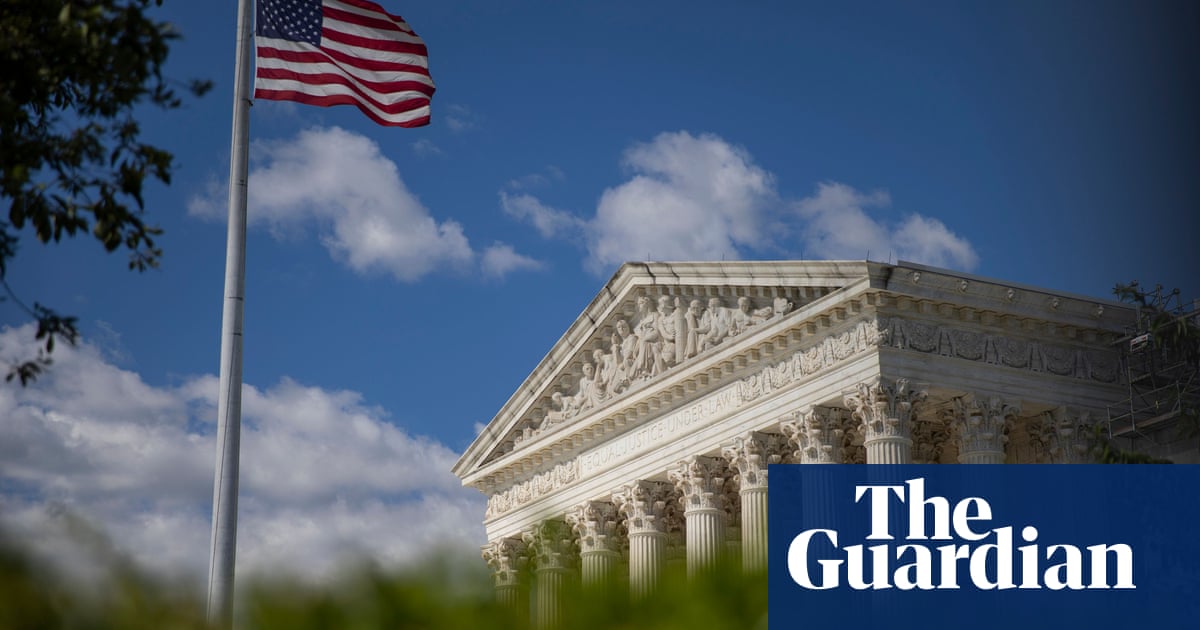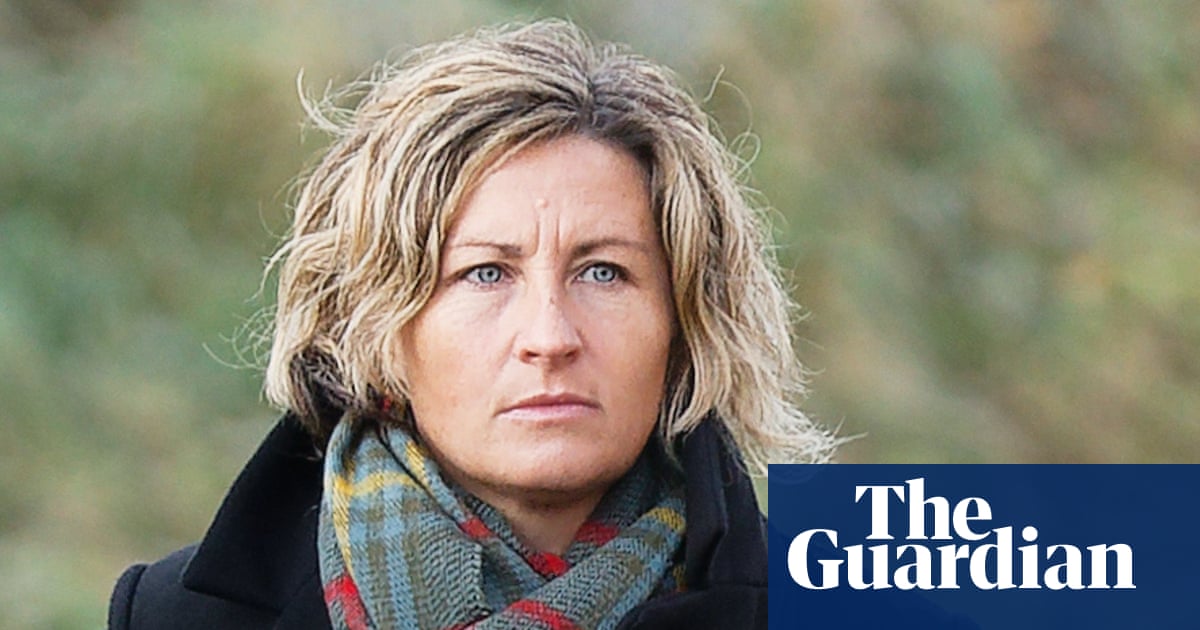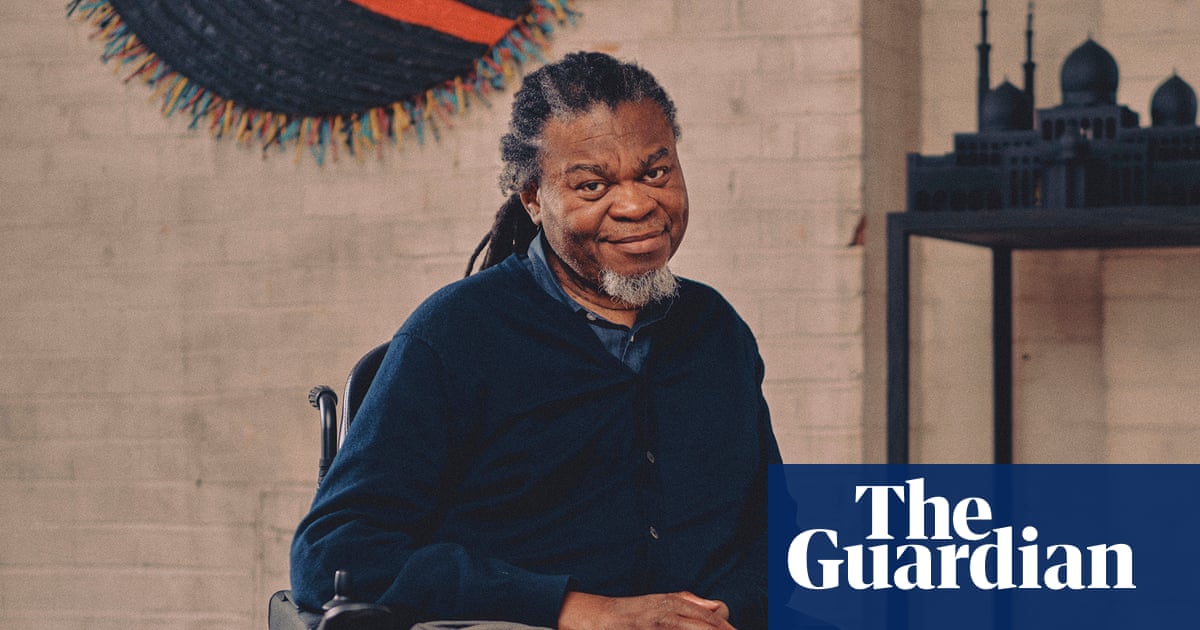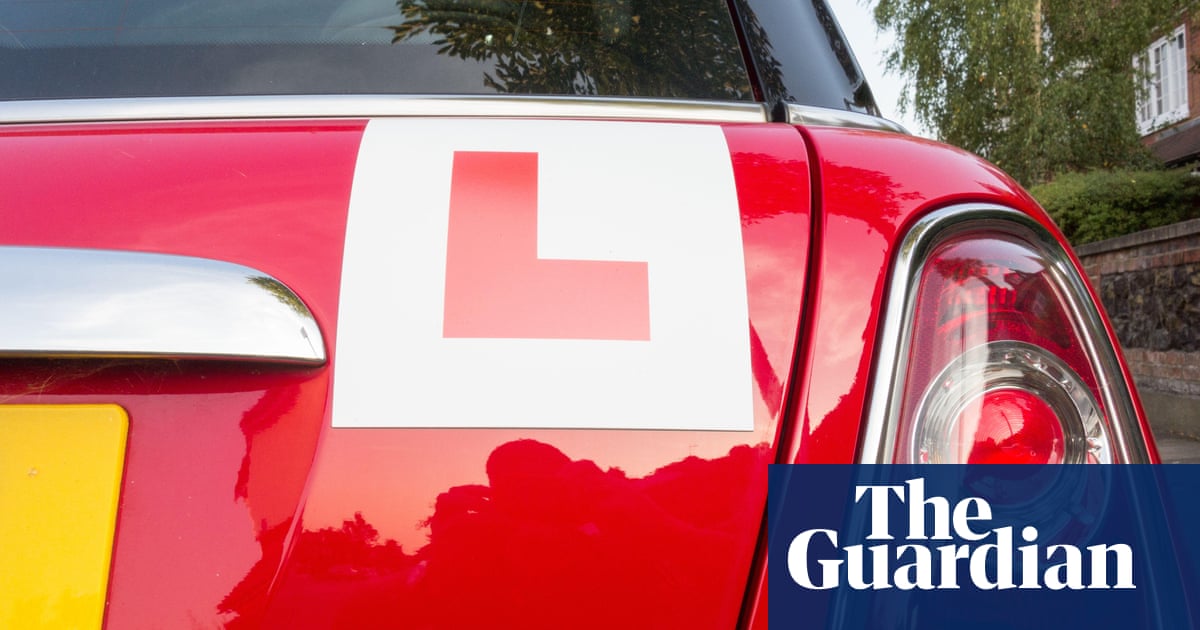More than half a million people in England have had to wait longer than two months for essential cancer treatment, analysis of latest NHS figures has shown.
It has led experts to suggest thousands more patients will die unnecessarily unless the NHS gets to grips quickly with the delays.
Analysis of new NHS figures by Radiotherapy UK shows that in the decade to November 2024, 506,335 cancer patients in England waited more than 62 days for treatment.
International research shows that every four weeks of delay in cancer treatment increases the risk of death by up to 10%. But the NHS has not met its target for 85% of cancer patients to start treatment within 62 days since December 2015 – currently, only 69% begin treatment within the two-month target.
Further analysis, seen exclusively by the Guardian, reveals stark inequalities in treatment times.
From November 2022 to November 2024 alone, more than one-third of all cancer patients waited longer than two months to begin treatment.
Nearly half of all patients with gynaecological and lower gastrointestinal cancers did not begin treatment within 62 days, while 42.3% of lung cancer patients and 42.5% of urological cancer patients missed the 62-day target. And although breast cancer fared better, 28.4% of patients were not treated on time.
In contrast, since February 2024, more than 80% of skin cancer patients have begun treatment within two months, reflecting the fact skin cancer is often less complex and more straightforward to treat.
Department of Health and Social Care is due to relaunch the government’s cancer plan on Tuesday, to coincide with World Cancer Day.
Some experts fear the government’s cancer plan will lack teeth and contribute to more deaths, after NHS England scrapped the target to diagnose 75% of cancers at stage 1 or 2 and the health secretary, Wes Streeting, told the Health Service Journal that the government could not commit to meeting national cancer targets by the end of this parliament.
Prof Pat Price, chair of Radiotherapy UK and a leading oncologist, said: “The last decade of leadership in cancer has normalised dangerous delays and unacceptably low ambitions. These delays will cost thousands of lives. We need a brave and bold cancer plan or even more lives will be lost needlessly in the next decade. Incremental change will fail. We need strategies to supercharge both early diagnosis and treatment.”
Mark Lawler, professor of digital health at Queen’s University Belfast and chair of the International Cancer Benchmarking Partnership , said: “I’m at a loss to understand why we are so unambitious and are setting ourselves up to fail when the lives of so many patients are at stake. Thousands more patients will die unnecessarily unless the cancer plan gets to grips with treatment delays urgently.”
“We can’t just fix one thing, like diagnosis, and ignore the rest. Without timely treatment, all we’re doing is adding more patients to growing waiting lists while their cancer progresses.”
Paula Chadwick, the chief executive of Roy Castle Lung Cancer Foundation, said the findings were deeply concerning: “Lung cancer is an aggressive form of cancer, so it is imperative people start on active treatment as quickly as possible.
after newsletter promotion
“This is people’s lives we’re talking about and delays to treatment will likely mean lung cancer patients will lose theirs far too soon.”
Michelle Mitchell, Cancer Research UK’s chief executive, said that the government must “renew its ambitions to diagnose more cancers earlier and offer every patient the best treatment. This is key to ensuring that everyone can live longer, better lives, free from the fear of cancer.”
Melanie Sturtevant, associate director of policy, evidence and influencing at Breast Cancer Now, said: “This analysis highlights the devastating reality that despite the tireless work of NHS staff, failures to meet breast cancer targets has left far too many people with the disease enduring agonising waits for the care they should be able to count on.
“Urgent action must be taken to reverse these unacceptable delays.”
A Department of Health and Social Care spokesperson said: “From research, to prevention, screening, diagnosis and treatment, this government is going to transform cancer care, catapulting it into the modern day and making it fit for purpose.
“The reforms we are making will see around 120,000 more people referred for urgent cancer checks get a diagnosis within four weeks and start treatment within two months.”
An NHS spokesperson said: “Thanks to the work of NHS staff, more people than ever before are being diagnosed at an early stage of cancer when there are more treatment options – and survival has never been higher.
“But there is much more to do to ensure more people receive timely diagnosis and treatment for cancer, and we are committed to working with the government to improve both waiting times and experience of care.”

.png) 2 months ago
27
2 months ago
27



